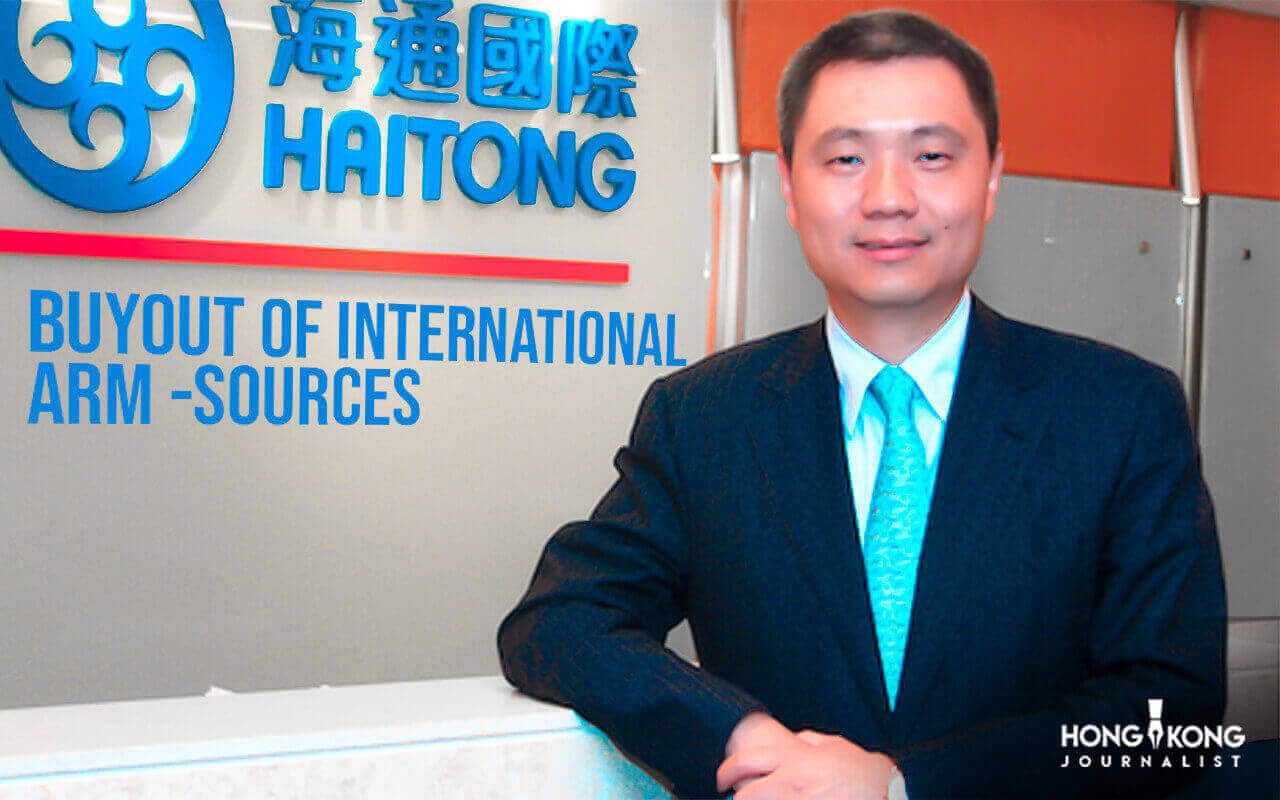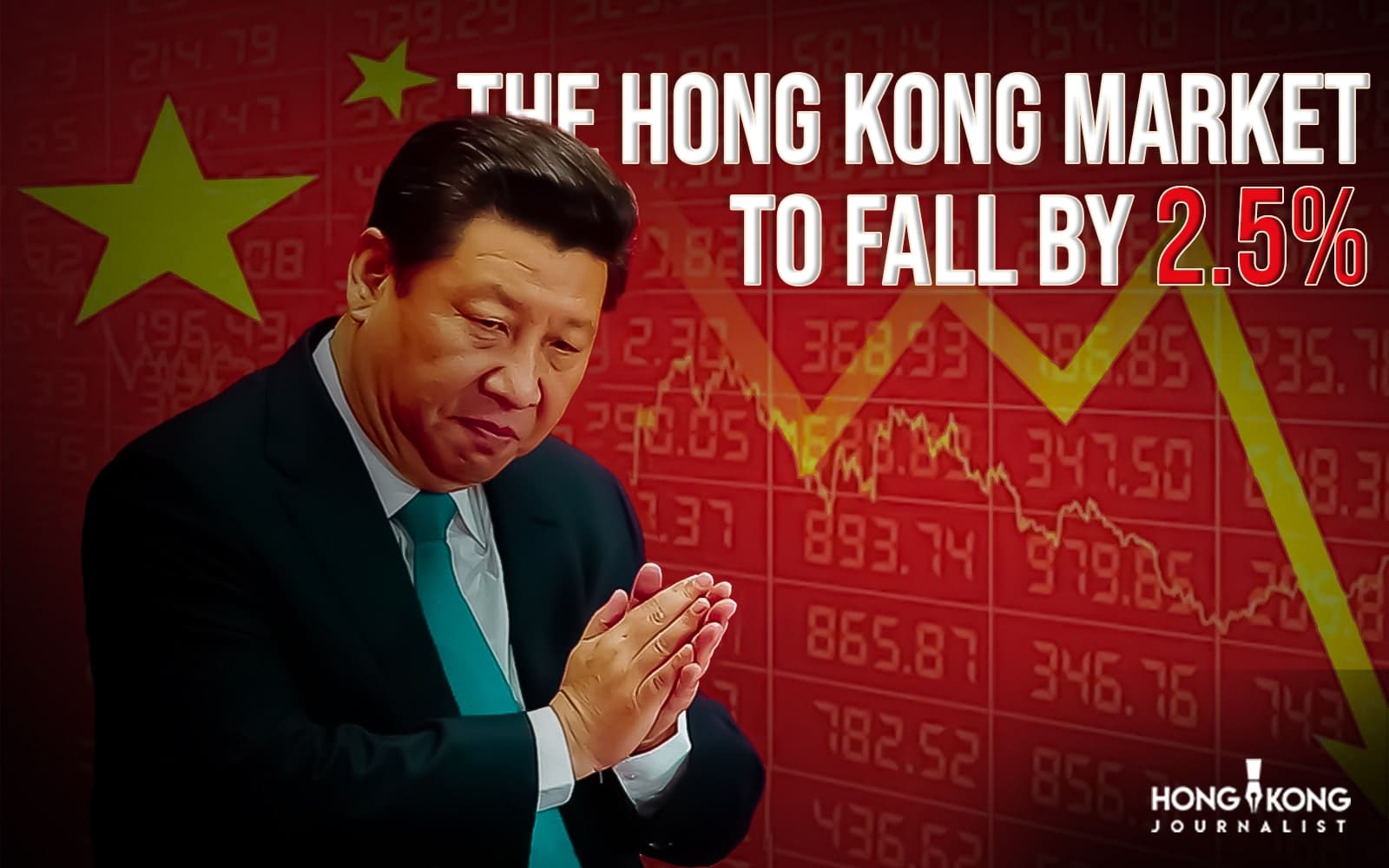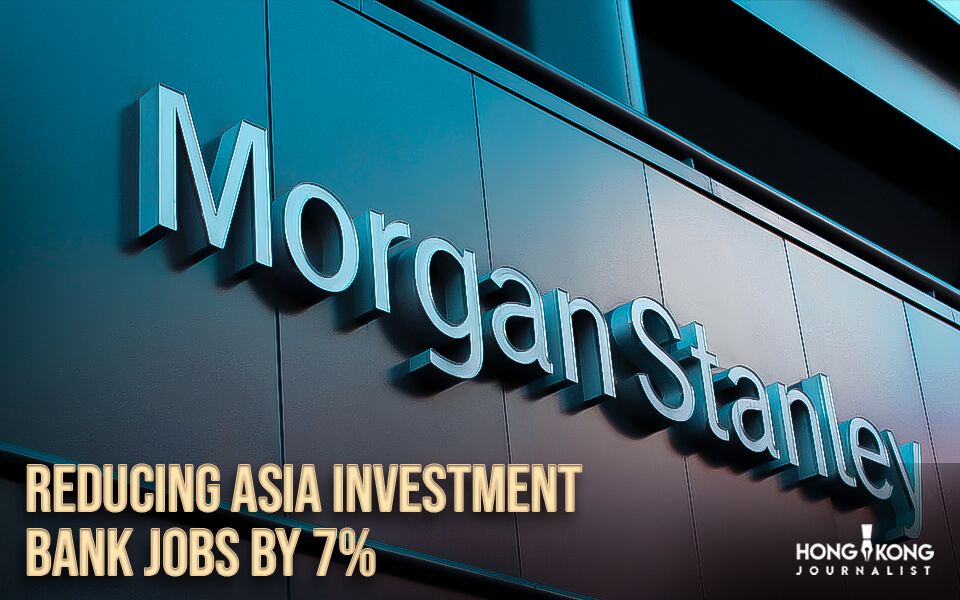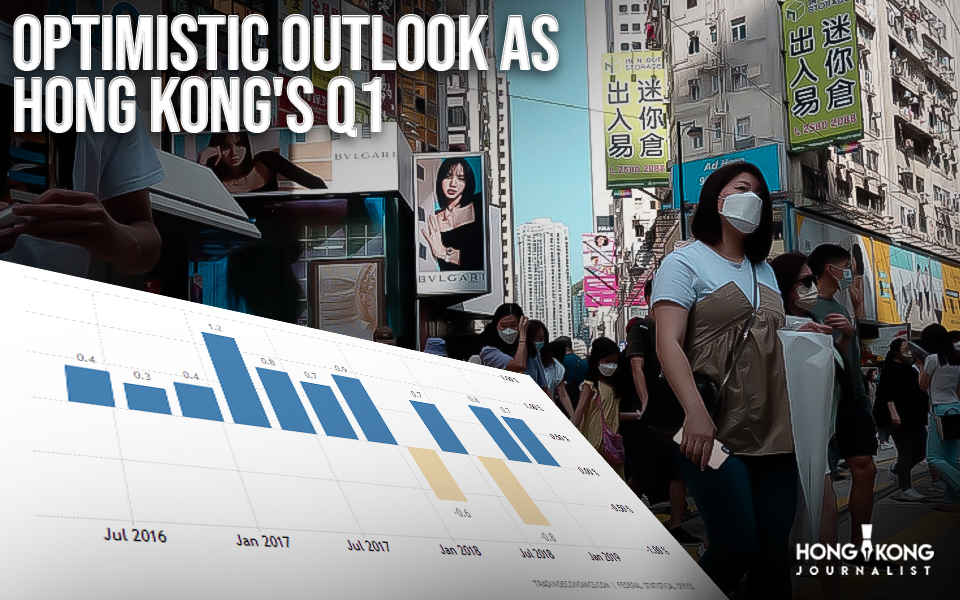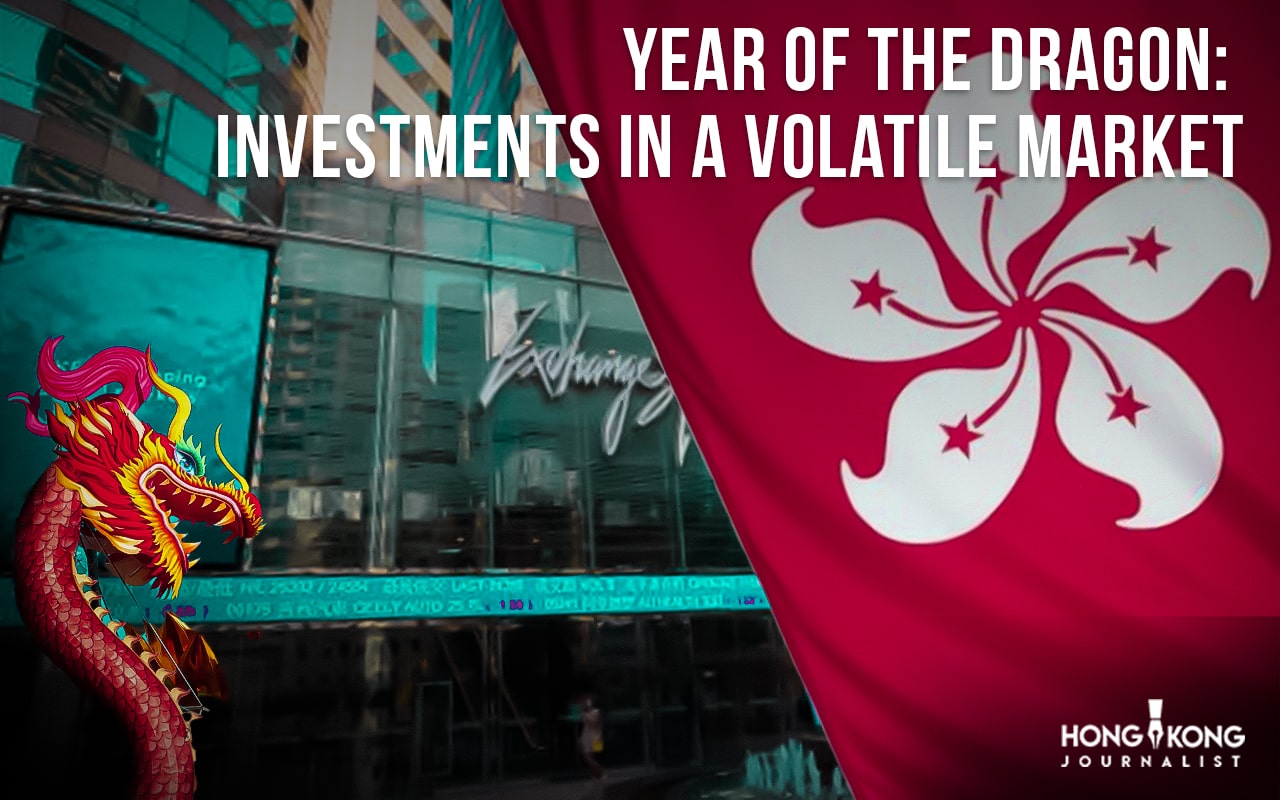
- According to analysts, market volatility will persist because of uncertainty surrounding economic growth, interest rates, and geopolitical developments.
- In 2012’s last Year of the Dragon, the MPF gained 9.5 percent; but, in the just concluded Year of the Rabbit, it.
- lost 4.7 percent.
Analysts and pension experts advise the 4.7 million participants in Hong Kong’s mandatory pension scheme, the Mandatory Provident Fund, to diversify their assets in order to succeed during the Year of the Dragon, which may offer as many turns and turns as the serpentine form of the mythical creature.
“During the Year of the Dragon, we anticipate that markets will continue to experience volatility due to uncertainties in economic growth, interest rates and geopolitical events,” said Philip Tso, head of institutional business for Asia-Pacific at Allianz Global Investors.
Analysts advised investors to maintain diversification in order to weather any upcoming turbulence.
“We are positive towards US equities as a core holding in the MPF portfolio,” said Ada Kung, chief investment strategist at Sun Life Asset Management (HK). “The end of the US rate-hike cycle will benefit growth stocks.”
Commencing on February 10 of this year, the Chinese lunar calendar features 12 animal zodiacal cycles, with the Year of the Dragon being the fifth: rat, ox, tiger, rabbit, dragon, snake, horse, goat, monkey, rooster, dog, and pig.
The MPF was established in December 2000, during the mythological creature’s rule, and this is its third Year of the Dragon. According to statistics from MPF Ratings, an independent pension research agency, the MPF earned 9.5% during the most recent Year of the Dragon, which ran from February 2012 to January 2013. This was the fund’s ninth-best year overall.
According to MPF Ratings, the MPF lost 4.7% in the just concluded Year of the Rabbit, following an 8.6% decline in the Year of the Tiger. The fund experienced a 4.5% loss in the preceding Year of the Rabbit in 2011.
“Hong Kong equities performance has disappointed investors in the Year of the Rabbit,” Kung said. “Valuations are near a decade-low. We expect the China property sector’s drag on [gross domestic product] may continue, but to a smaller extent.”
According to Tso of Allianz Global Investors, MPF members should have a diversified investing plan that includes both bonds and stocks in order to manage uncertainty.
“Many investors have been adding cash positions since the Year of the Tiger and throughout the Year of the Rabbit,” he said. “In the Year of the Dragon, we see pockets of opportunity in fixed income and equities that are likely to offer far better potential for total returns.”
BCT Group’s Jamie Lee, managing director and CEO, encouraged MPF members to take a diverse strategy.
“Our investment strategy is to gradually increase equity allocation with a focus on the US, Japan and Asian markets,” she said. “A global diversified equity strategy focusing on both developed and selective emerging markets can take advantage of our investment views.”
According to Nixon Mak, head of Hong Kong pensions and solutions strategist for Asia-Pacific at Invesco, the MPF’s performance this year will be less appealing than it was last, with generally favourable returns from stocks and a poor showing from fixed income.
“We are still overweighting developed markets in general, with more focus on non-US markets in the first half, especially Europe and Japan,” Mak said. “Asia remains attractive, in particular technology-related sectors and countries.”
Mak stated that although his firm is becoming more and more focused on Asia and India, it is still wary of mainland China and Hong Kong.
“We see the mainland China and Hong Kong markets as attractive from a historical valuation perspective,” he said. “However, we need to see more solid policy to support the property sector as well as other economic drivers. Allocation into fixed income can be challenging, as the recession is not imminent and rate cuts are not confirmed any time soon.”
Because of its present excellent yield, cash can still be a part of your investing strategy for the Year of the Dragon. A few banks are giving deposits in Hong Kong dollars four percent.
“We see cash allocation being active in the first half,” Mak said.
Technology and healthcare will be important industries in the Year of the Dragon, with both predicted to have double-digit profit growth over the following 12 months, according to Sarah Lu, senior portfolio manager for Manulife Investment Management’s multi-asset solutions team in Asia. The biggest pension provider in Hong Kong is Manulife.
“Within fixed income, we see an attractively valued opportunity in Hong Kong dollar bonds, anchored by relatively attractive yields and supported by the US dollar posting a short-term gain,” she said. “Once the Fed is near or at the end of its current rate-hiking cycle, Asia is likely to stabilize and accelerate momentum with its better macro backdrop against the US and Europe.”
Oil could become a wild card for policymakers grappling with high inflation, Lu said. “This could cause a reversal in headline inflation, forcing the Fed and other policymakers to take more aggressive action than the market is expecting,” she said. “China and Hong Kong equities could also be one of the big wild cards on the back of attractive valuation.”
- Published By Team Hongkong Journalist

